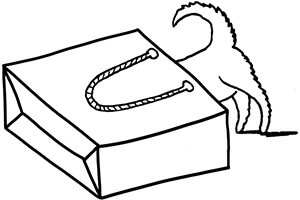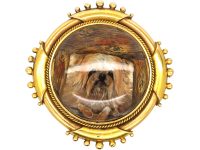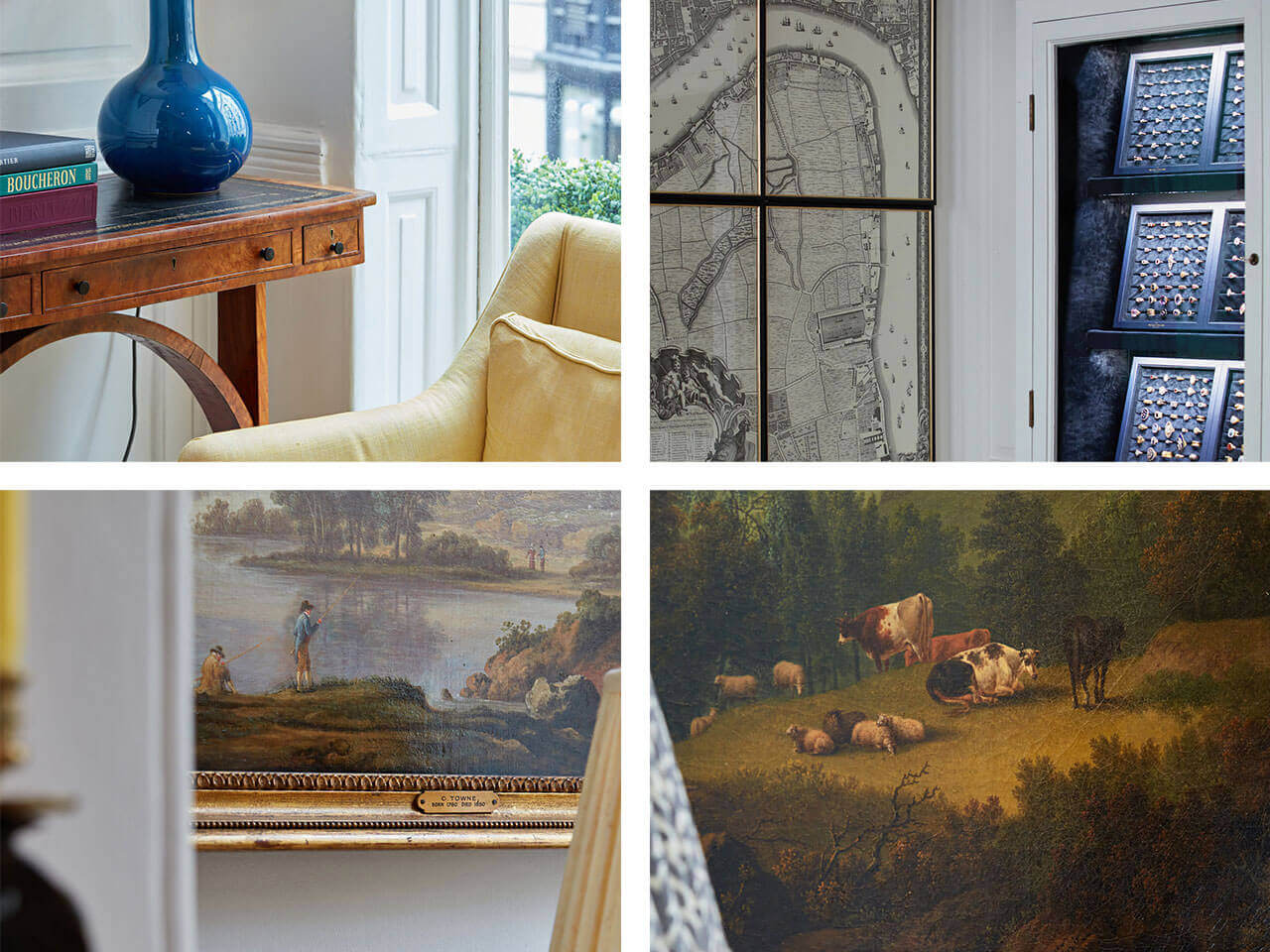-

Your Shopping Bag is empty

Want to see it in person?
We look forward to welcoming you to the AJC Townhouse, our home in the heart of Mayfair.
Book Your Appointment

 Free Worldwide Delivery
Free Worldwide DeliveryA large and very finely executed reverse intaglioAn engraved stone, the opposite of a cameo, with a recessed design cut below the surface of the stone. Intaglio designs are common for signet rings and fob seals. More crystal of a Pekinese dog in a wooden kennel. The art of reverse crystal intaglio is incredible. The crystal was sourced in Brazil and Madagascar. A well-formed cabochonA polished, not faceted, dome shaped stone - either round or oval with a flat polished base, primarily used as a cut for phenomenal stones such as cat's eyes and stars.
More is the key to a beautifully made reverse intaglio and the tedious process of hand polishing it to perfection had to be completed before the design work could begin. A watercolour with the image was painted on the underside of the cabochon and an oil and diamondA precious, lustrous gemstone made of highly compressed carbon. Diamonds are one of the hardest materials known to mankind. Colours of diamonds range from colourless, yellow, orange and brown to almost black. Natural coloured (or ‘fancy’) diamonds can be extremely rare. The cut, colour, clarity and carat weight of a diamond are the criteria jewellers use... More dust mixture was used along with up to 250 scribing tools to carve the design into the interior of the crystal “…the deeper the carving the more pronounced trompe l’oeil effect.” Once the carving was established the painting process began using very fine brushes and paint work in reverse to create highly detailed images, so that when viewed through the top, the image appears three-dimensional. Finally, the back was sealed in order to preserve the painted areas. The technique originated in Belgium c.1860 and is attributed to an artist named Emile Marius Pradier. In England Thomas Cook made crystals for Lambeth & Co. Mr. Cook was succeeded by his apprentice, Thomas Bean. Bean’s son and grandson carried on the tradition of reverse crystal intaglios.
Reverse crystal intaglios were set as stickpins, buttons and studs, mounted on tie pins, cuff links, lockets, pendants and brooches. This relatively secret process, with its techniques passed through family members, kept it exclusive and expectations of quality were very high. They remained in fashion until poorly made glass and plastic imitations flooded the market c. 1920.
This example is really fine quality, and is contained in an 18ct75% pure gold (or 750 parts pure gold and 250 parts other metals) More gold ornate frame with a glazed locket on the reverse.

One of the finest reverse intaglio crystal pieces that I have ever seen
We are pleased to offer FREE DELIVERY on all purchases.
All orders are fully insured and dispatched securely by our trusted partner, DHL Express.
We are pleased to offer a 30 day, full money-back guarantee on all purchases.


We look forward to welcoming you to the AJC Townhouse, our home in the heart of Mayfair.
Book Your Appointment
Buying antique jewellery is both ethical and eco-friendly as harmful and destructive mining processes are not needed to make an item yours.
Find Out More


We always stand by our five core principles: Quality, Rarity, Expertise, Peace of Mind and Personal Touch
Find Out More